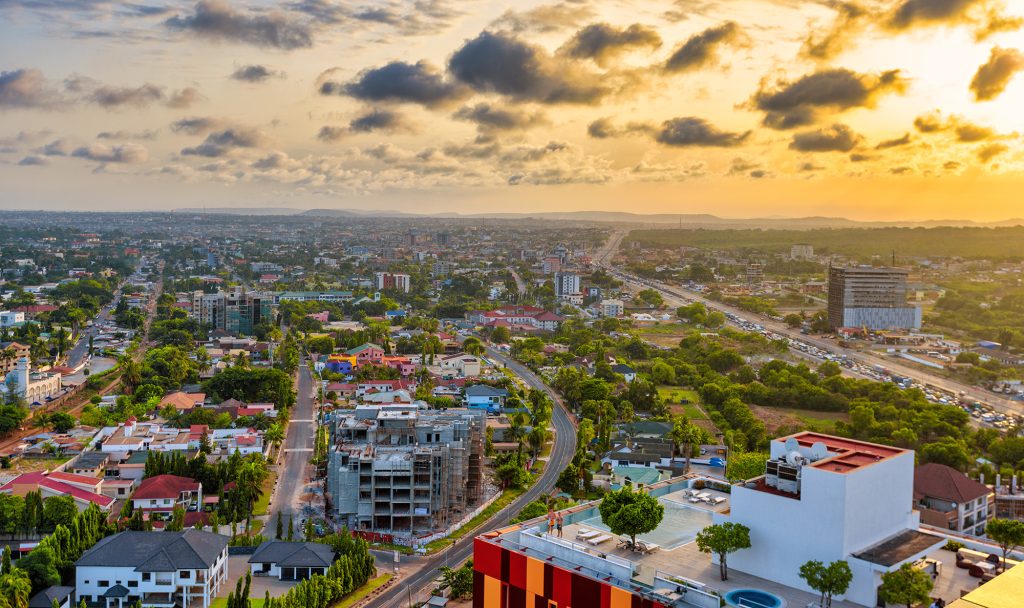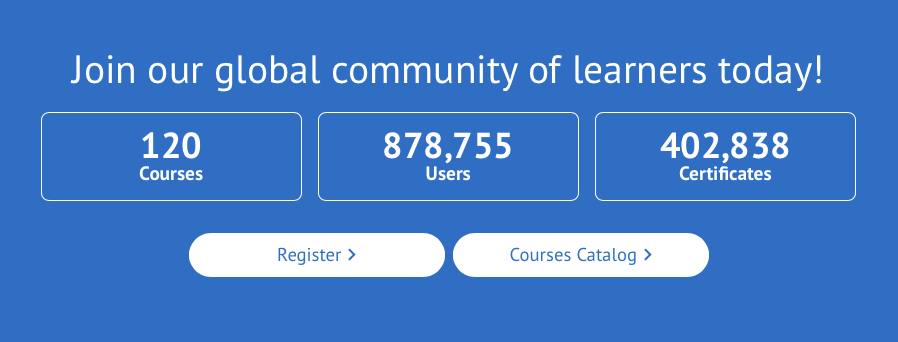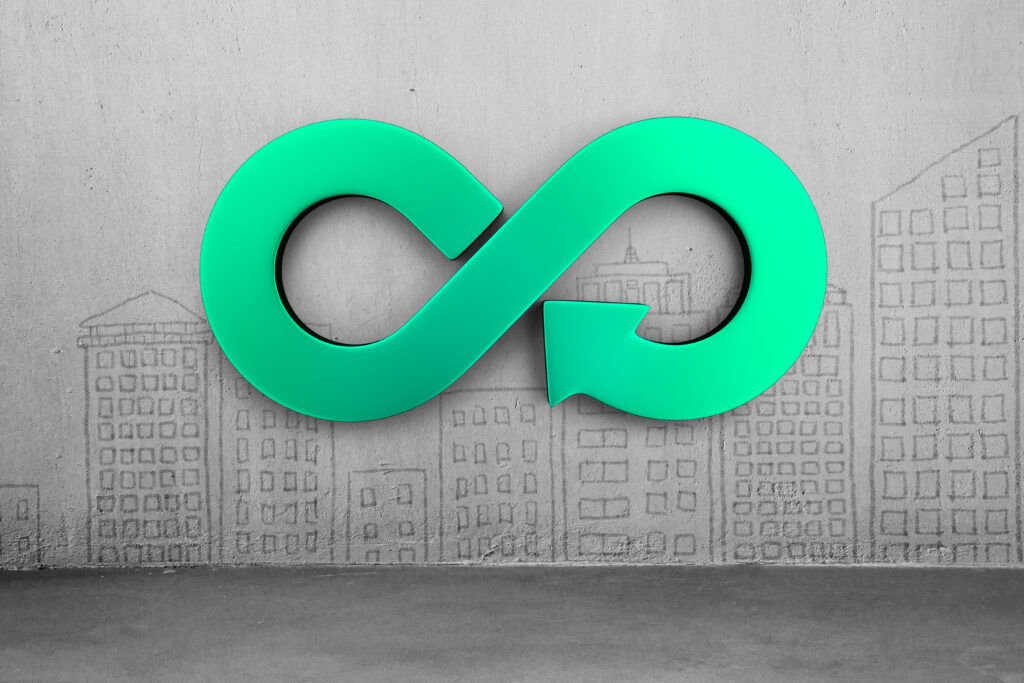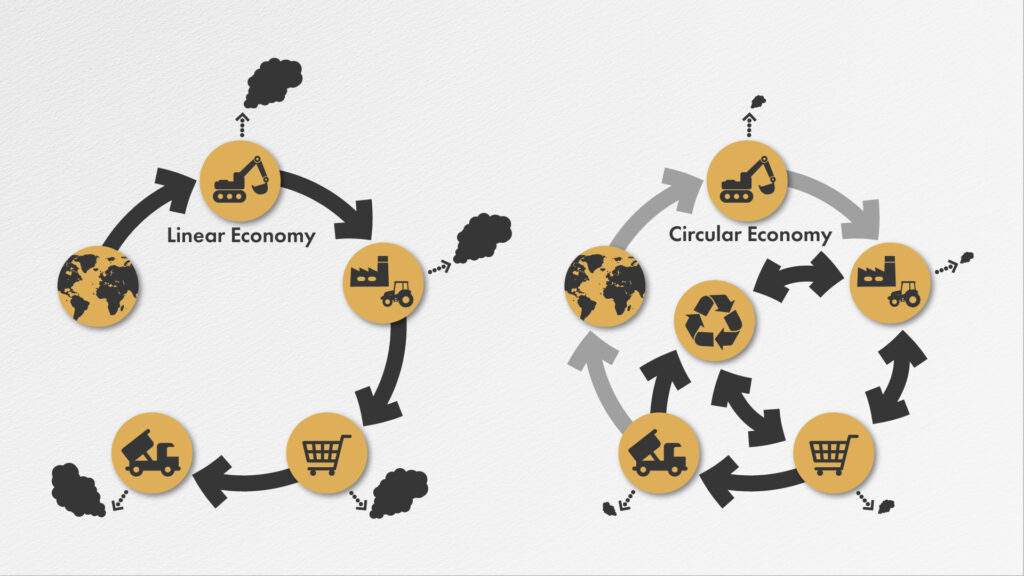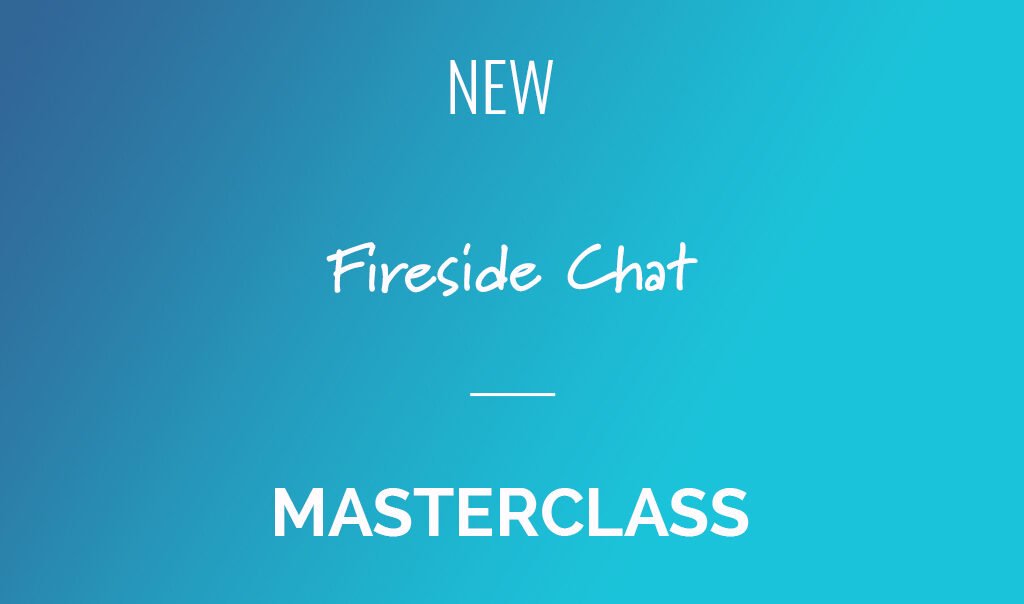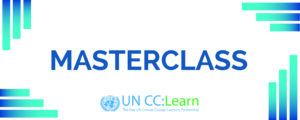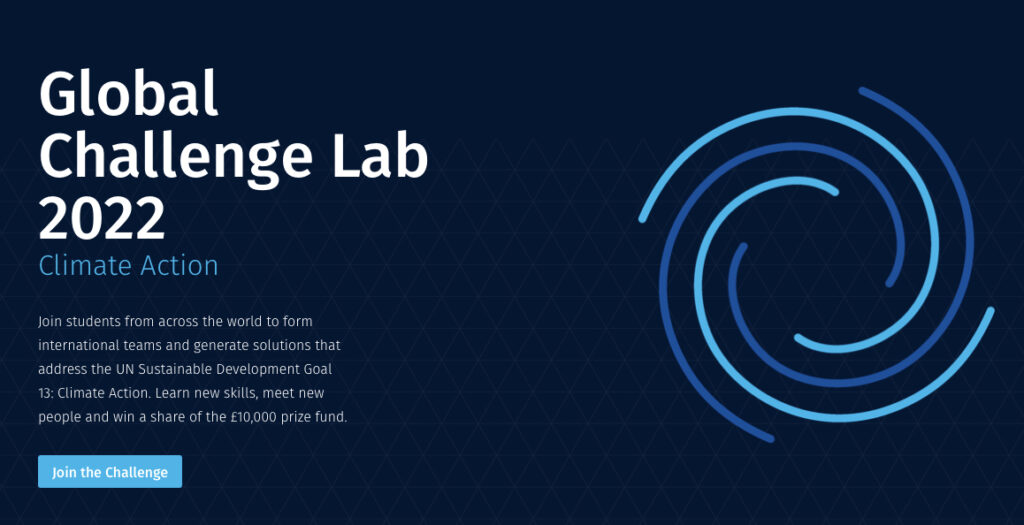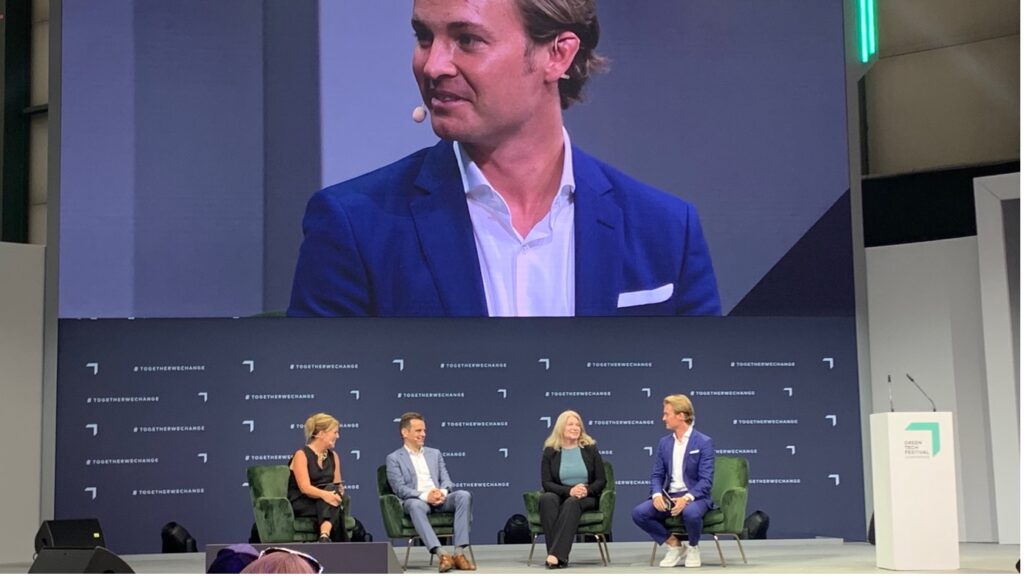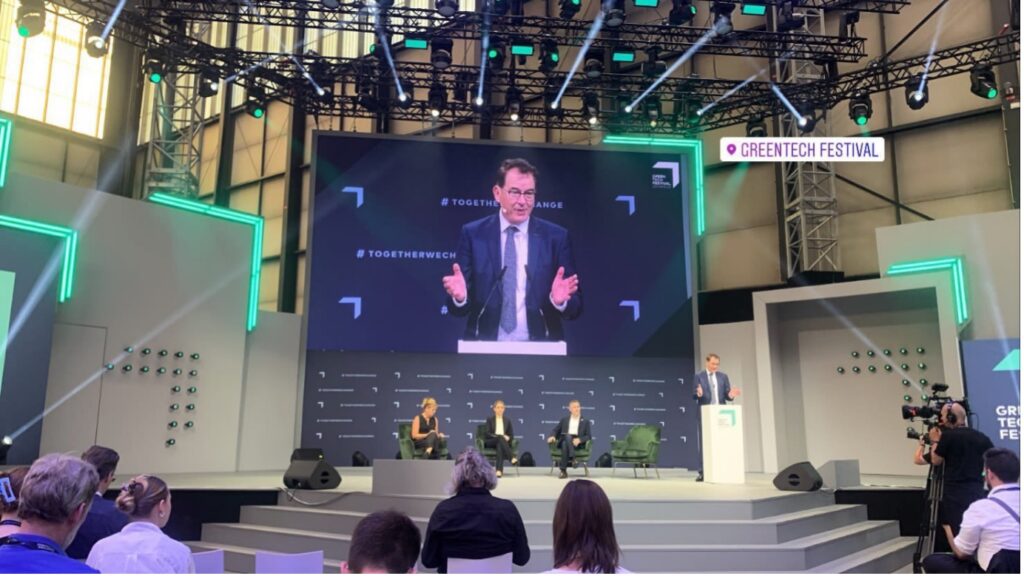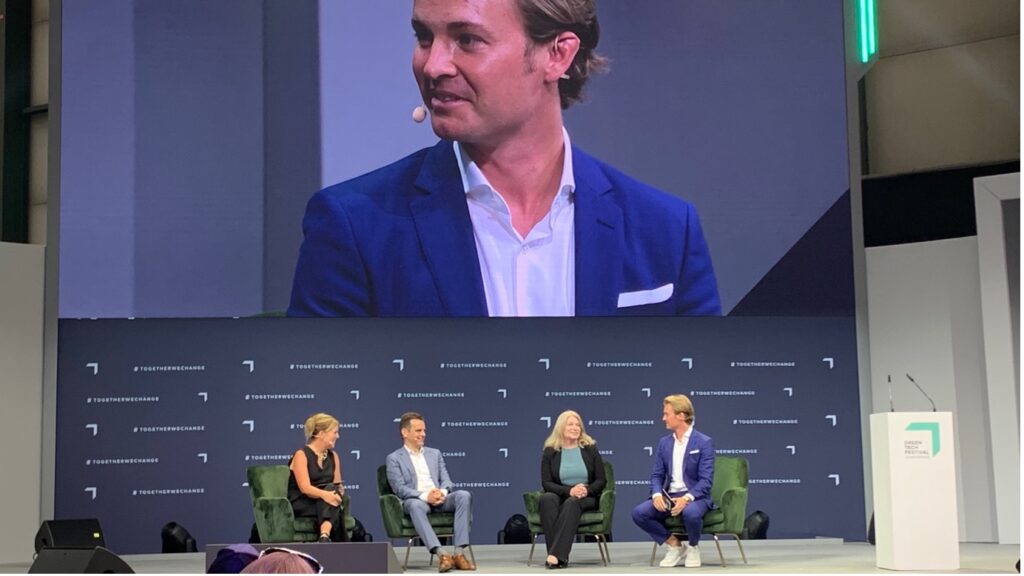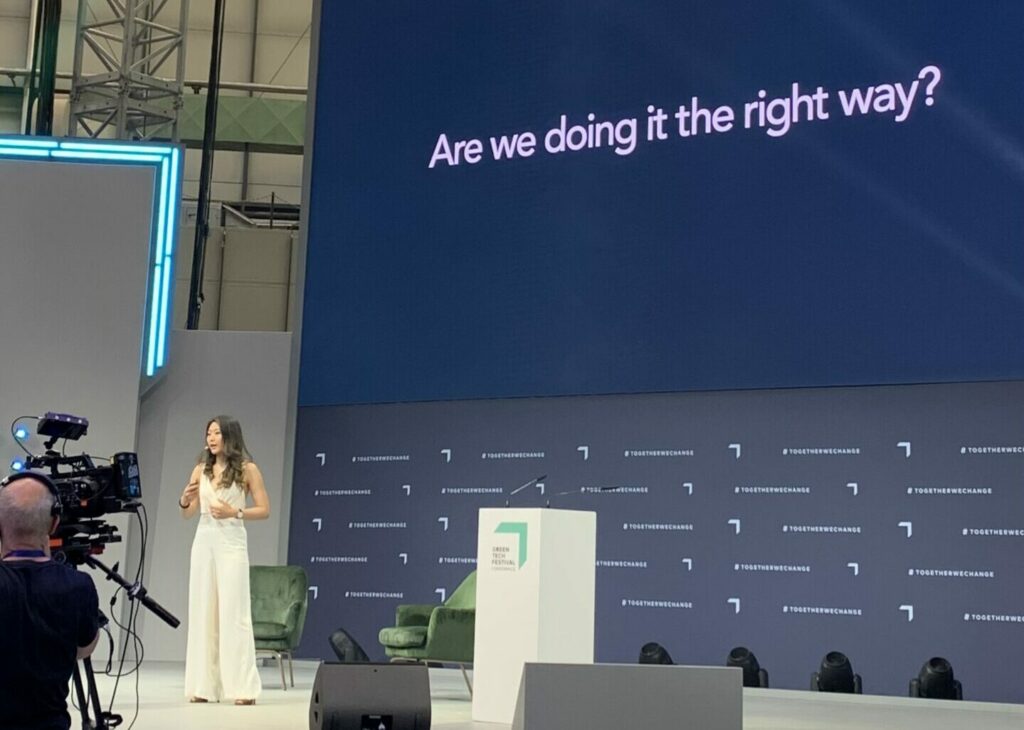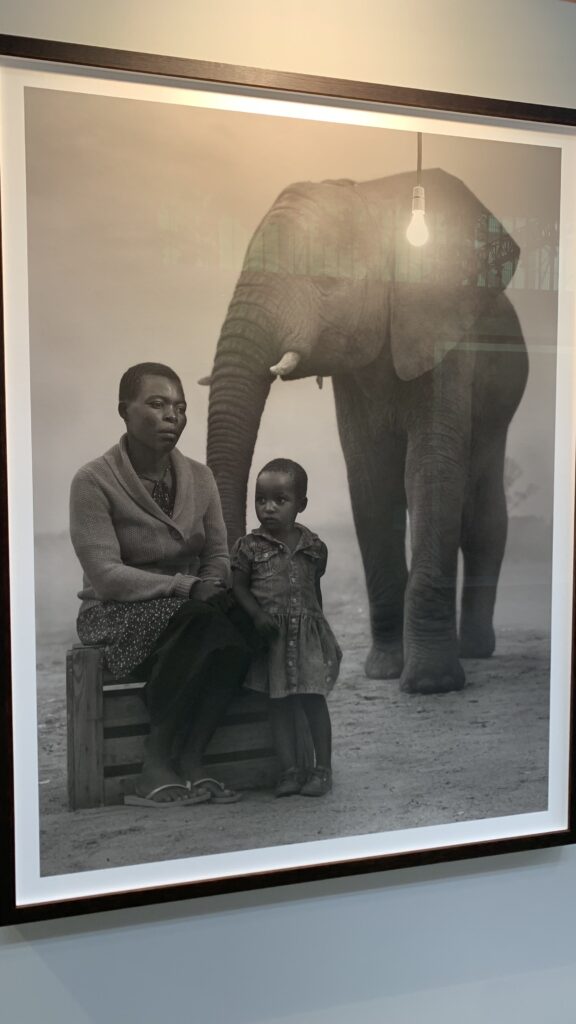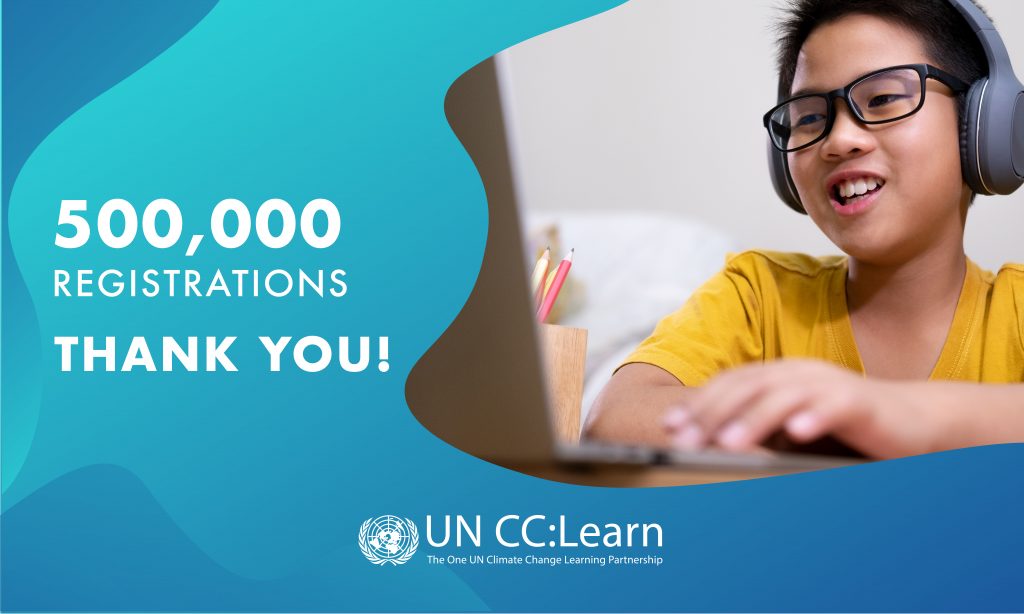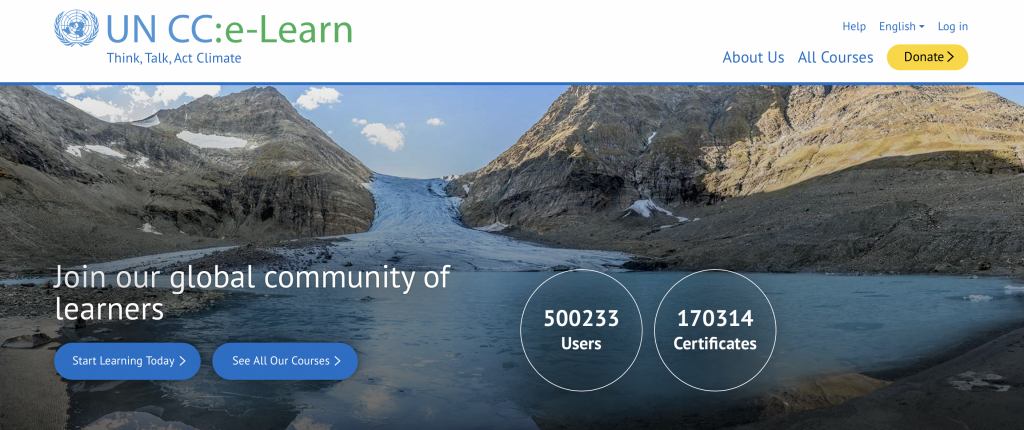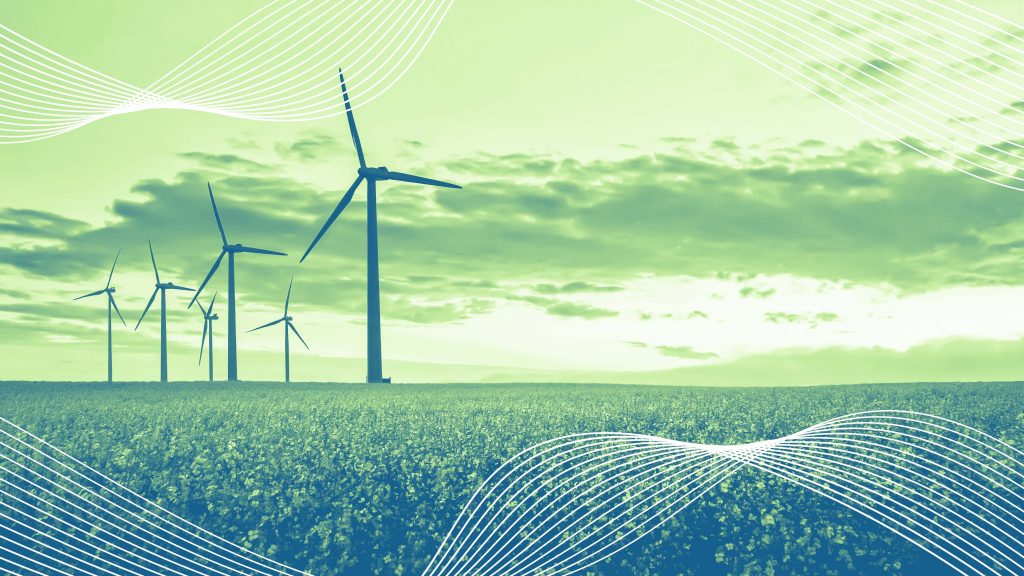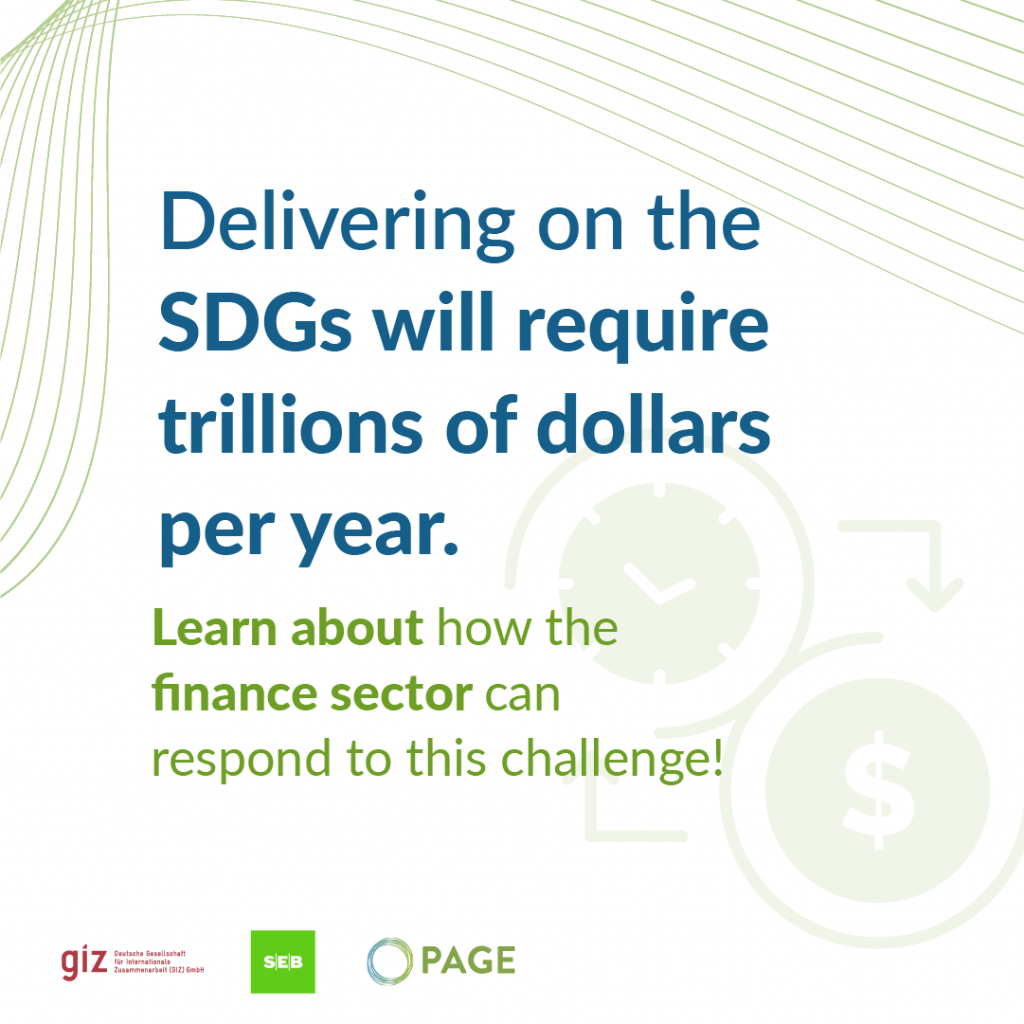Afifa Tajrin, an Electrical Engineer and green energy enthusiast from Bangladesh embarked on a journey that seamlessly blended her technical expertise with a commitment to sustainability. With a B.Sc. in Electrical and Electronic Engineering from Chittagong University of Engineering and Technology and a master’s in Development Studies from the University of Dhaka, Afifa’s academic background set a strong foundation for her future endeavors. During her postgraduate studies,
Afifa conducted research on the challenges young women face in employment, an experience that deepened her understanding of gender disparities and the importance of equitable practices. Her professional path then led her to contribute to development projects aimed at promoting workplace safety in the Ready-Made Garment (RMG) industry, where she gained valuable insights into the intersection of industry practices and social responsibility.
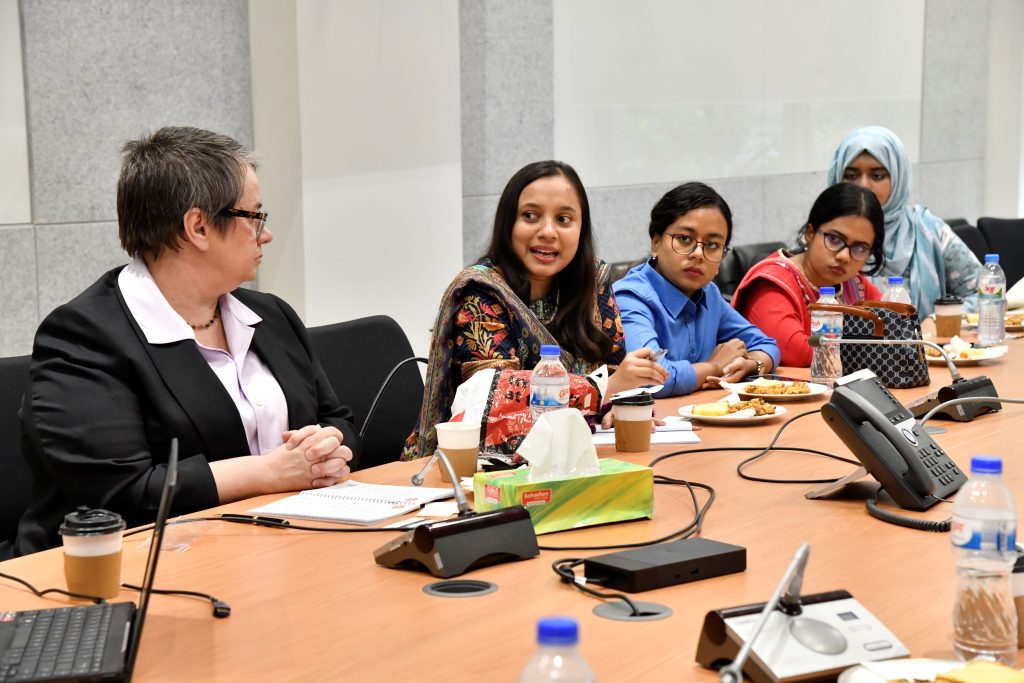
Afifa’s commitment to advancing green practices was further solidified through her participation in the Green Industry Summer School – 2nd Cohort, organized by UNIDO and PAGE in 2022. This experience led her to enroll in the Green Industry Policy course at UN CC: Learn, where she gained critical insights into the dynamics of green economy and the urgency of addressing climate change. She said,
the course proved to be a pivotal moment in my career, unveiling the crucial role of policy in shaping a sustainable future and highlighting the effectiveness of green industrial policy tools.
In addition, she explained that
this newfound awareness sparked my interest in energy efficiency and ESG principles, ultimately leading to my certification as an ISO 50001:2018 Energy Management Systems Lead Auditor.
This certification not only enhanced her expertise but also inspired her entrepreneurial spirit. In 2021, she co-founded ‘ReGear,’ a startup focused on providing energy management services and promoting green energy solutions. With a renewed sense of purpose, Afifa’s work with ReGear became a beacon of energy efficiency and innovation. The startup introduced several initiatives, including a mobile app-based energy management system, to enhance energy efficiency in industrial and residential settings. Additionally, Afifa’s dedication to practical solutions led her to conceptualize a solar-powered cold storage solution for marginalized farmers, empowering them to preserve their harvests and secure fair market prices.
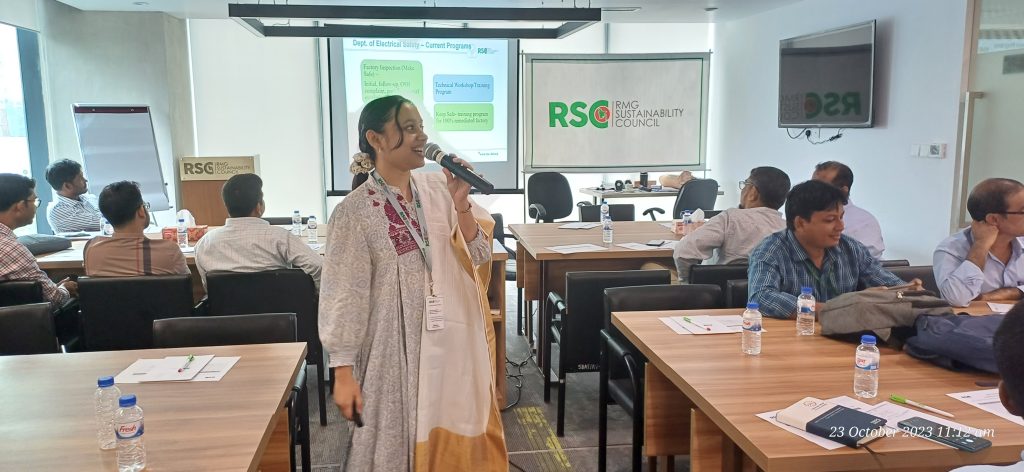
Afifa’s achievements did not go unnoticed. She excelled in the ‘Shoktikonna’ green energy transition leadership program for STEM women in Bangladesh, where she emerged as a top performer.
My social media blog, inspired by the knowledge gained from UN CC: Learn, became a platform for advocating climate action and highlighting the urgency of implementing effective strategies to mitigate the climate crisis.
Through her innovative work and advocacy, Afifa Tajrin exemplifies how a blend of technical expertise, entrepreneurial vision, and commitment to sustainability can drive meaningful change. Her journey reflects a deep dedication to advancing green energy solutions. Through her electrical system design and safety training programs, she has been enhancing the technical capabilities of professionals working in the renewable energy sector in Bangladesh. Since last year, she has delivered training to over 100 diploma engineers, electricians, and maintenance personnel who are involved in solar system and utility installation projects.
I am currently working on a gender study aimed at understanding the barriers and possibilities for women in STEM in Bangladesh. In Bangladesh, women have very little participation in climate-related development action. I am committed to using this research to identify strategies for increasing their participation in these crucial initiatives.
Start your learning journey:
Join Afifa and hundreds of students and start learning today:
- Green Industrial Policy: Promoting Competitiveness and Structural Transformation
- Introduction to Sustainable Finance
- Green Economy and Trade
- Green Fiscal Policy
*The views expressed in this story are solely those of the author and do not necessarily reflect the official policies or positions of the United Nations or any of its affiliated organizations.

